
More women experience hair loss — and at a much earlier age — than we tend to acknowledge. For any women out there who are going through this right now: Know that we totally hear it, nobody in this boat is in it alone, and we completely get that it can feel so disheartening — like we're losing a big piece of ourselves, and a major aspect of our femininity. But the truth is, this is a relatively common issue, and there really are plenty of ways to combat it, from simple, free lifestyle changes to more intense therapies with a dermatologist. Not every woman who's experiencing hair loss and thinning is going to be having that issue for the same reasons — there are a number of different causes for this condition, so an initial trip to the doctor or dermatologist might help us find answers as to why. And if it's not due to a medical cause, there are still things we can do to stop our hair from thinning — or at least slow the process way down.
One good starting place is to ensure that we're nurturing and protecting our hair as much as possible — even though so many of our favorite styling products and tools are basically frying our hair every single day. Anyone with naturally tightly coiled hair should check out some protective styles for healthy natural hair, which may help prevent hair thinning. For anyone who has done their hair the great disservice of overprocessing (we hear it, we've been there, too) either with chemical relaxers or lots of bleach, we strongly recommend checking out ways to unfry your dry, brittle hair to help repair and strengthen hair, which can help prevent loss, as well. For anyone looking for some seriously low-effort ways to keep their hair happy, take a peek at ways to get gorgeous hair without even trying — they're so simple. In fact, many of them are just about … not doing stuff we normally do, so it's a win for the laziest among us (ourselves very much included).
Increase Protein
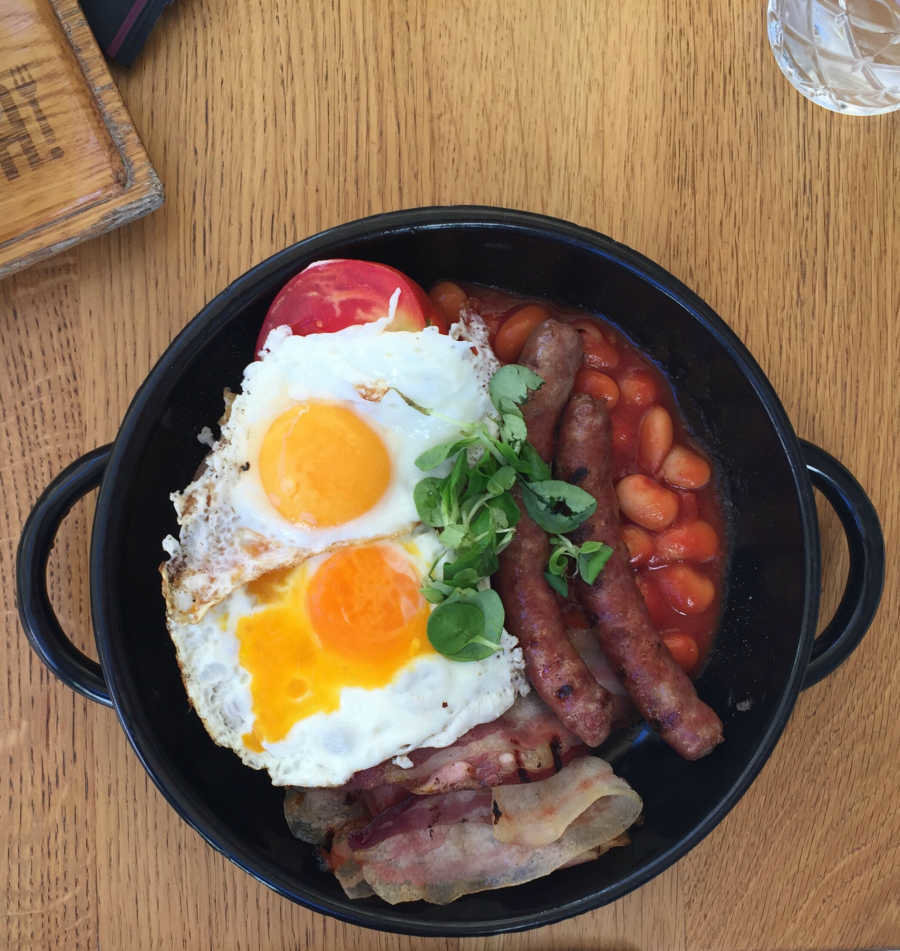
Women generally need about 1 gram of protein for every kilo (2.2 pounds) of body weight, which can seem like a lot. For an average-sized woman, that can mean two chicken breasts or four eggs or three cups of lentils every day — protein is great for our hair (not to mention the rest of our bodies).
Loosen Ponytails
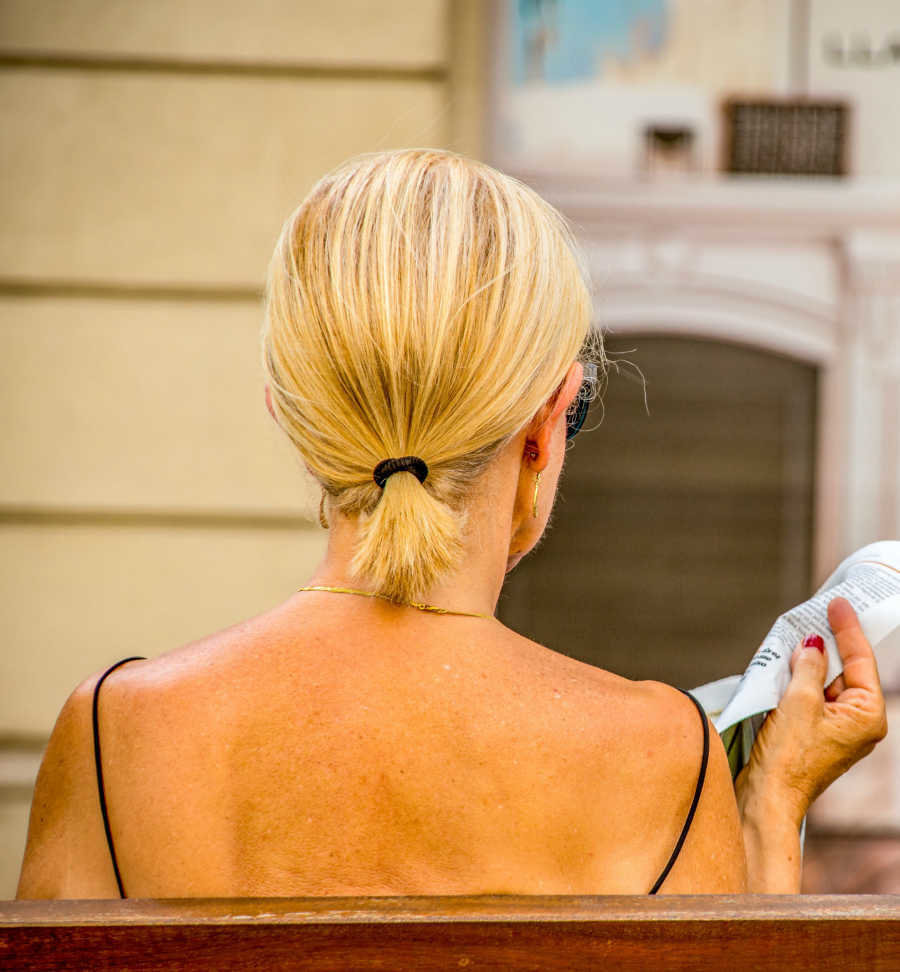
Sometimes thinning hair can be prevented or reversed by taking out tight braids and ponytails, and letting hair just hang down and grow naturally. Too-tight ponytails or buns can create too much tension on our scalps, pulling out hair.
Get That Thyroid Checked
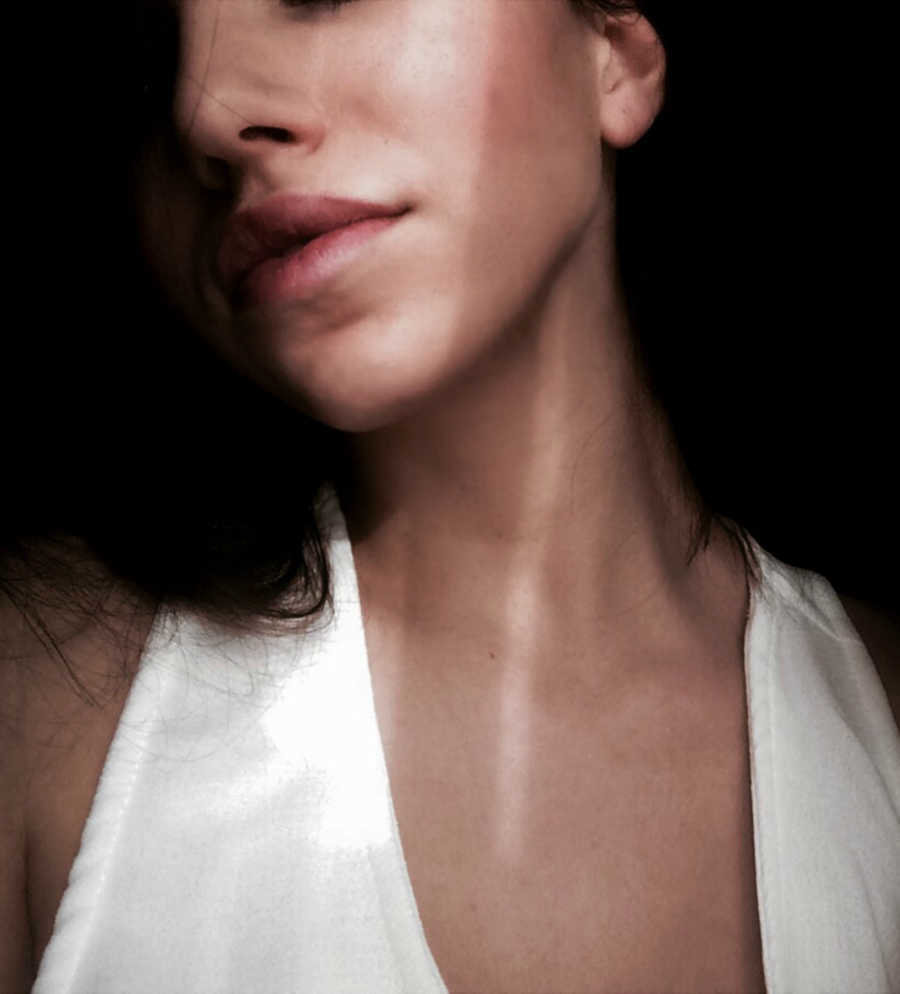
Hair loss can be a symptom of thyroid problems — it's a sign of both hypothyroidism and hyperthyroidism. But the good news is that hair loss due to thyroid issues can be reversed after successful treatment of the thyroid.
Eat Vitamin-Rich Foods
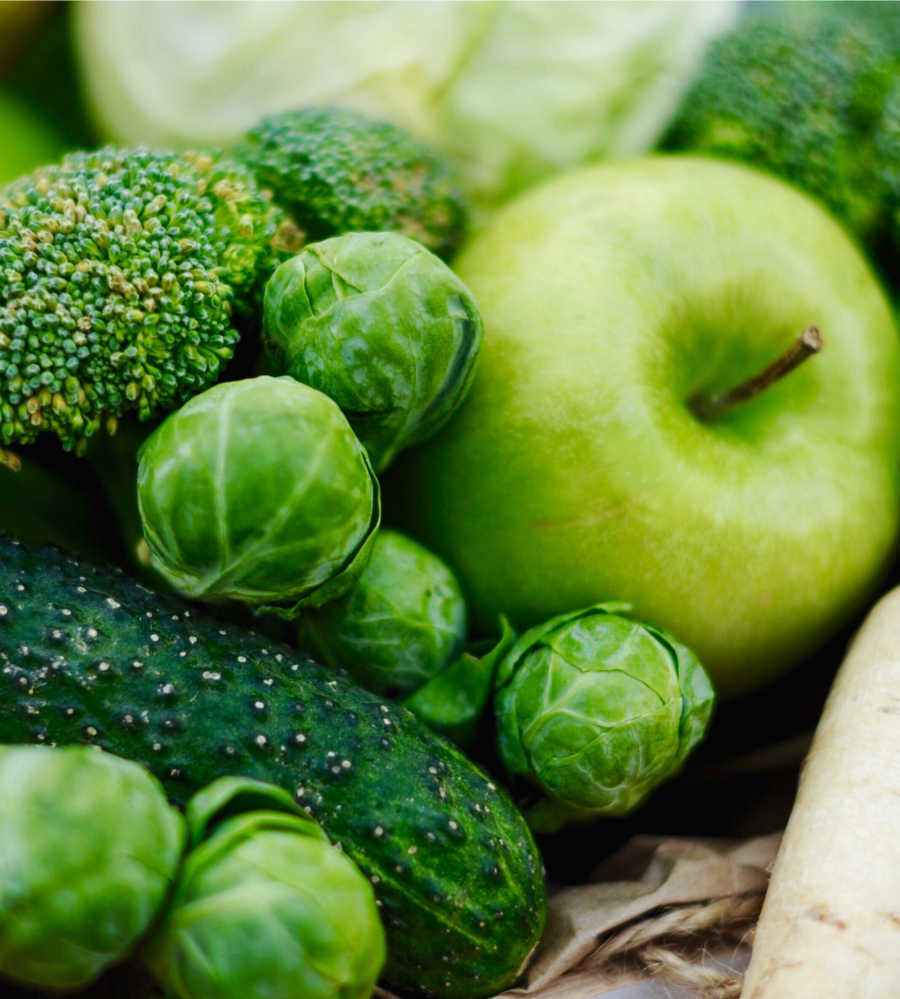
Some hair loss is simply due to a diet that doesn't include enough vitamins. Turning things around is as simple as adding in more fresh fruits and vegetables — spinach is especially great for adding folate into the diet, which is great for hair.
Check Iron Levels
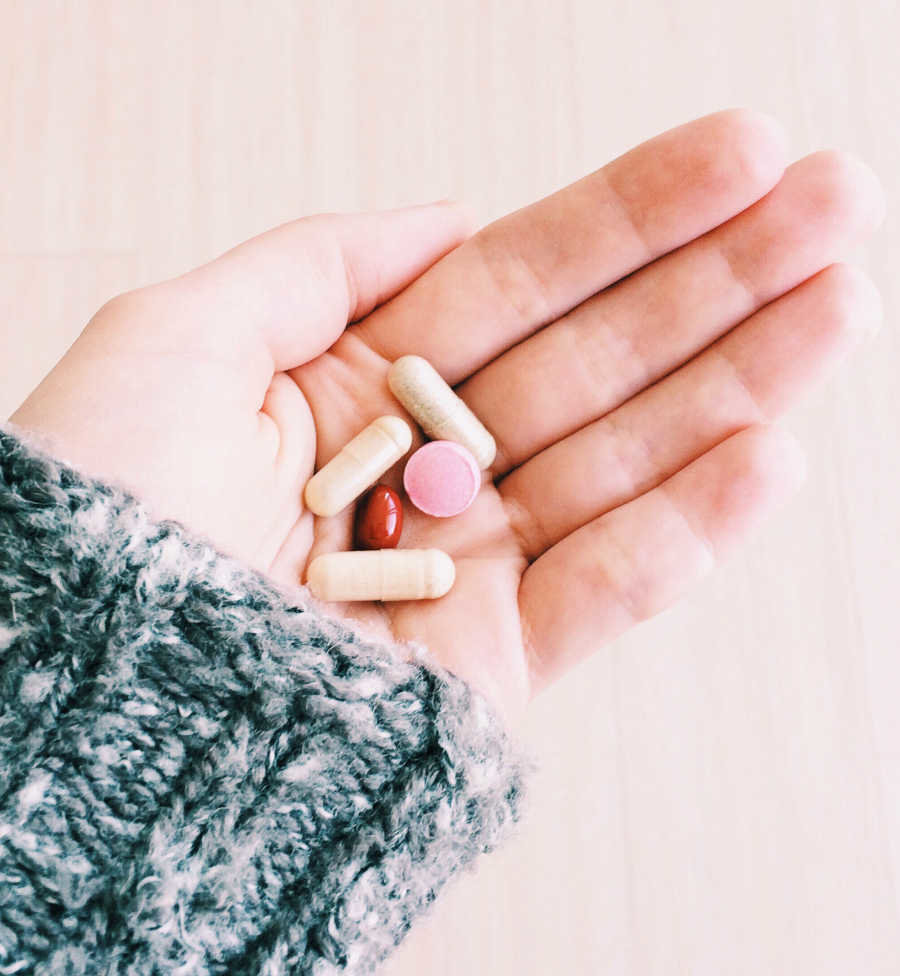
For those with anemia, increasing iron intake through diet and supplements might also boost hair regrowth for anyone experiencing thinning and hair loss. Check iron levels with a doctor before taking iron supplements.
Practice Scalp Care

Keeping that scalp squeaky clean, free from shampoo and conditioner residue, and getting a massage on our head may boost hair growth and thickness. The massage increases blood circulation, bringing nutrition to the follicles and hair shaft. Keeping it clean allows pores to stay unclogged and reduces thinning of the actual hair strand. Shampoo the scalp and massage for as long as those arms hold out. Condition only the ends of hair.
Exercise
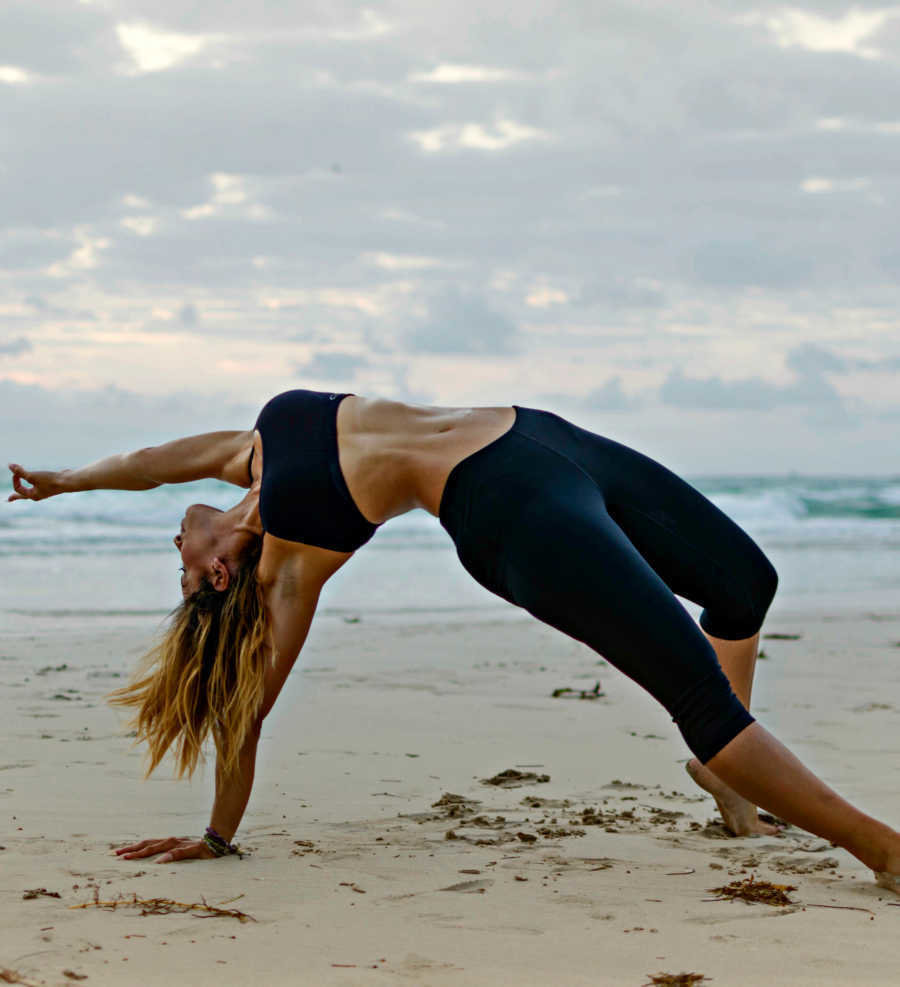
The right type — and amount — of exercise can help improve hair growth and thickness. Think fitness that boosts blood circulation, like cardio, for optimal hair growth and health. On the downside, too much exercise can tax the body and result in hair loss.
Eat Well
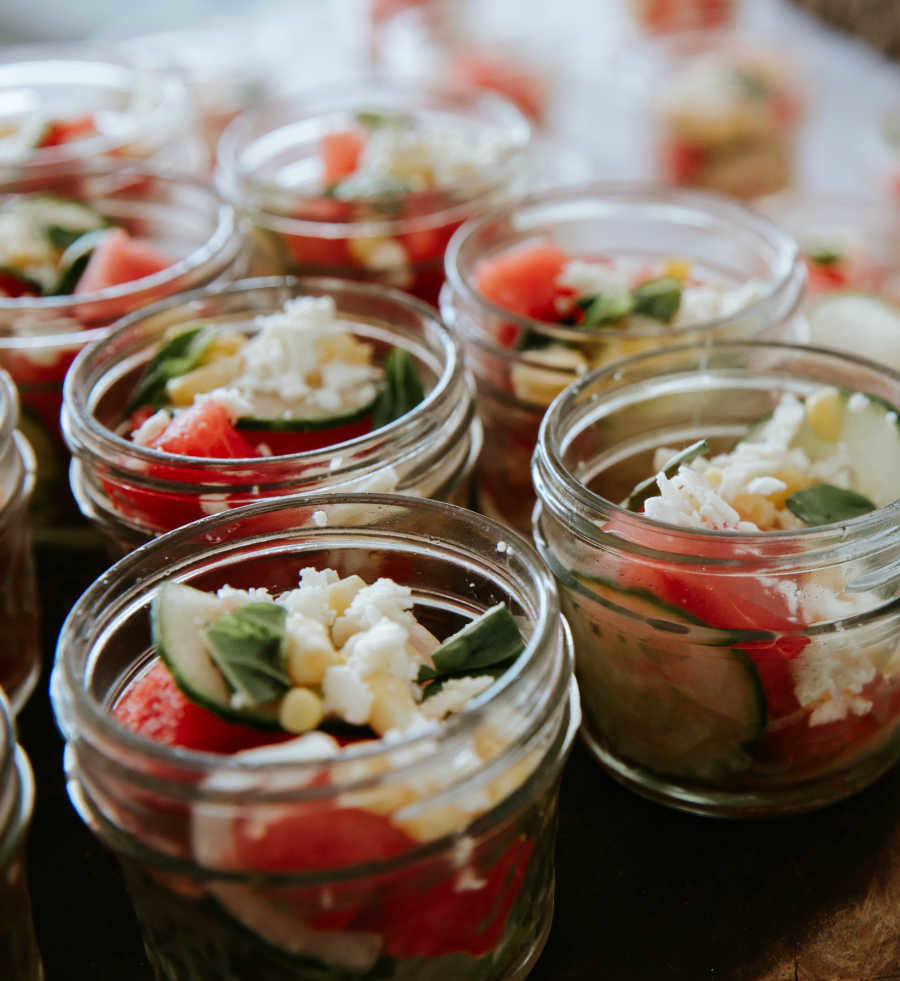
A healthy lifestyle can show up in our hair, and this means eating a balanced diet with plenty of fresh food, good fats, and vitamins. For anyone who's been hitting junk food pretty heavily for the last few years, or skipping a lot of meals, it might be showing up in those tresses. So get back on it: Keep a food diary, and see whether we're getting enough of the good stuff and too much of the other. Adjust accordingly.
Knock Off Heat Styling
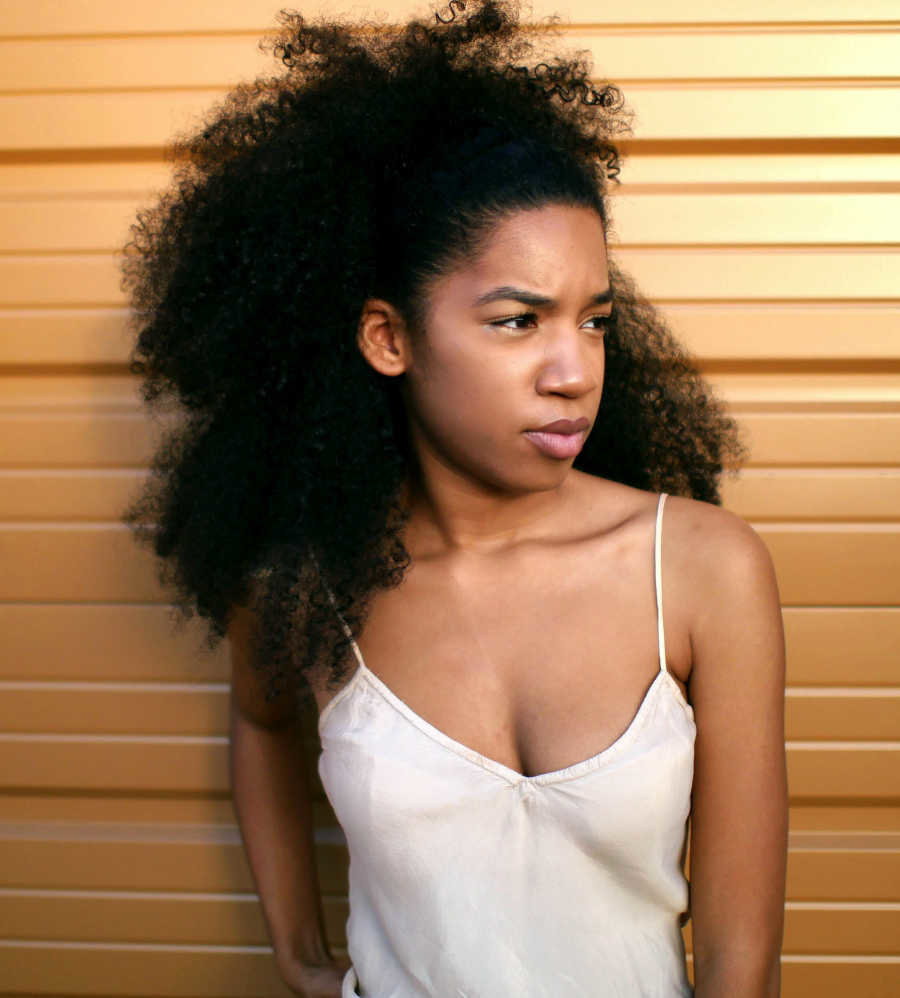
Heat styling — hair dryers, flat irons, styling wands — can cause breakage, even on the thickest strands of hair. For those who put their hair through daily heat-styling routines, especially for those who also dye the hair or get permanent waves or chemical straightening, give hair a heat styling break and go for natural growth and a good haircut.
Use Conditioner
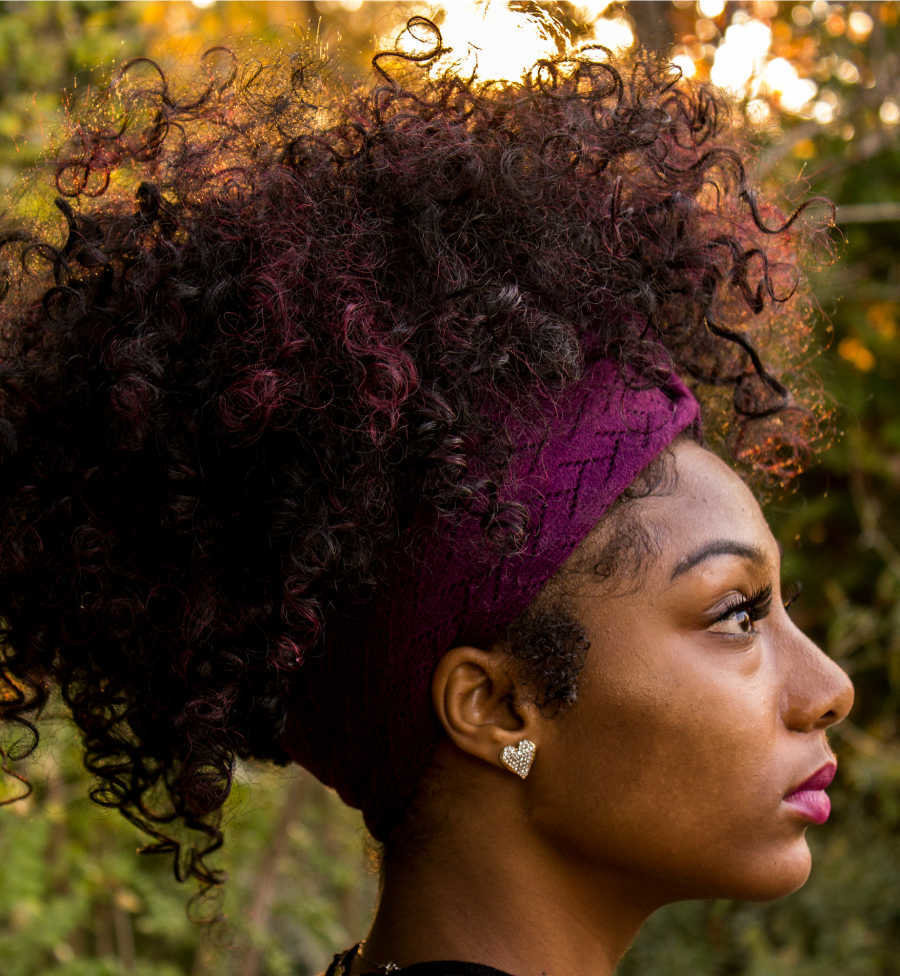
It may not be possible to stop hair from thinning, but it is possible to stop letting it look as if it's thinning with the right kinds of shampoos and conditioners. Find one that works with the hair type and experiment with how frequently it needs washing.
Know the Limits
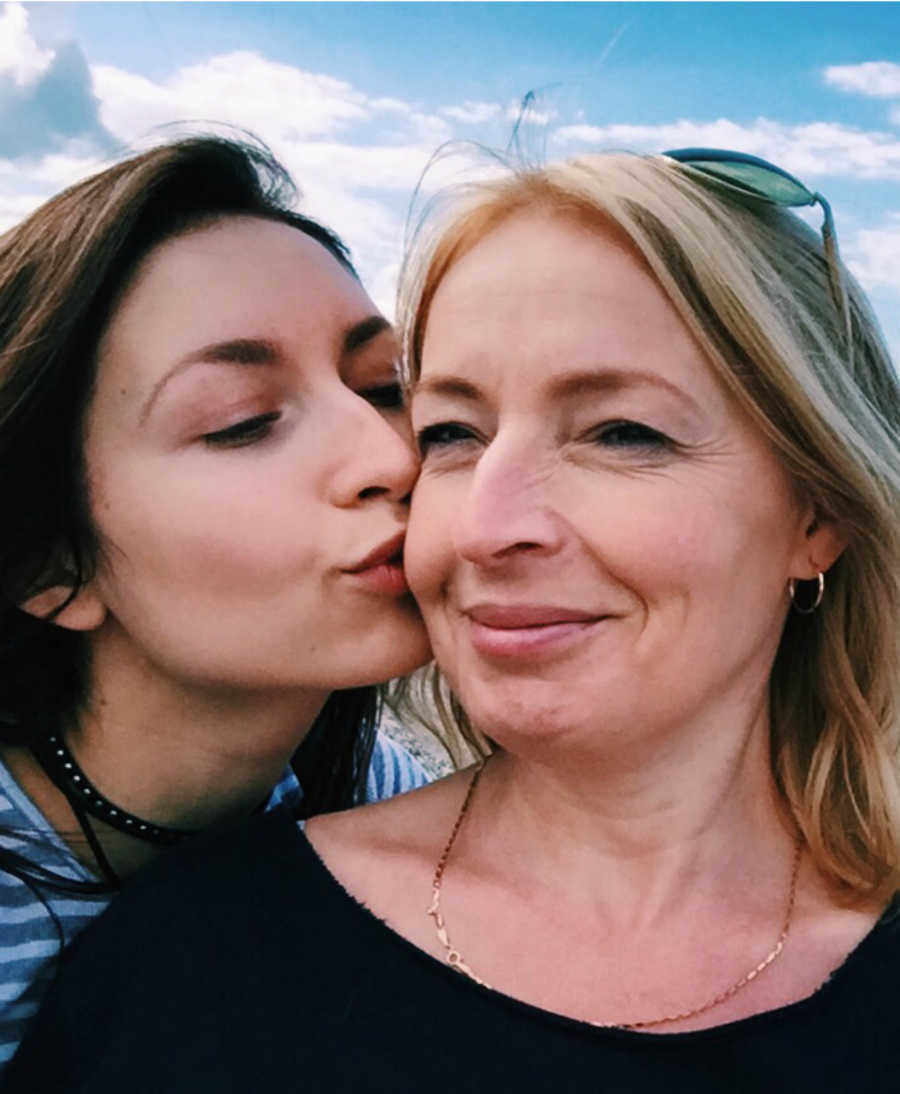
Genetics can cause thinning hair with little recourse. It's just how we were made. But a good cut and tips from family members who have been there might reveal new ways to slow or reverse the thinning — or how to live with it and love it.
Change That Shampoo
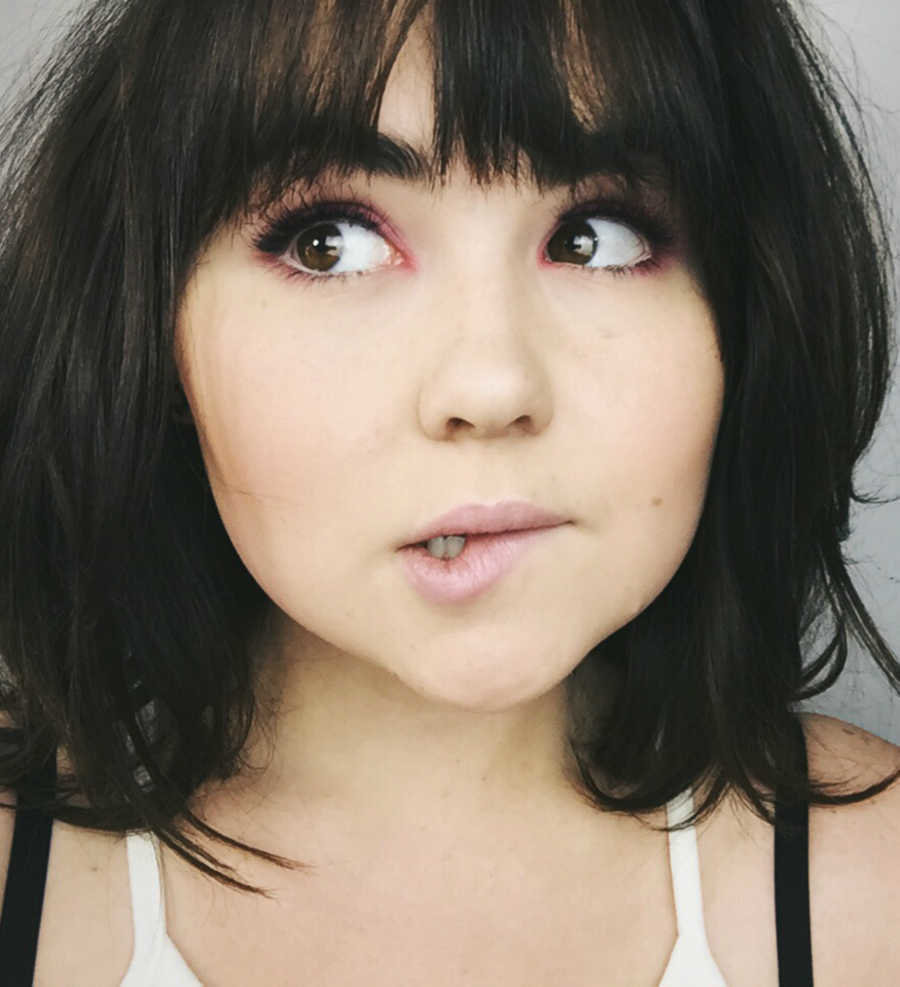
Incredibly, some shampoos can cause hair thinning and loss. Many are loaded with chemicals that clog the scalp, strip the hair of natural oils, or cause damage and breakage, leading to thin-looking hair. Chemicals that help the shampoo foam, thickeners, alcohol, oils, and conditioners can wreak havoc on vulnerable hair. Consider finding ones that don't contain the chemicals that are most damaging.
Use Growth Products
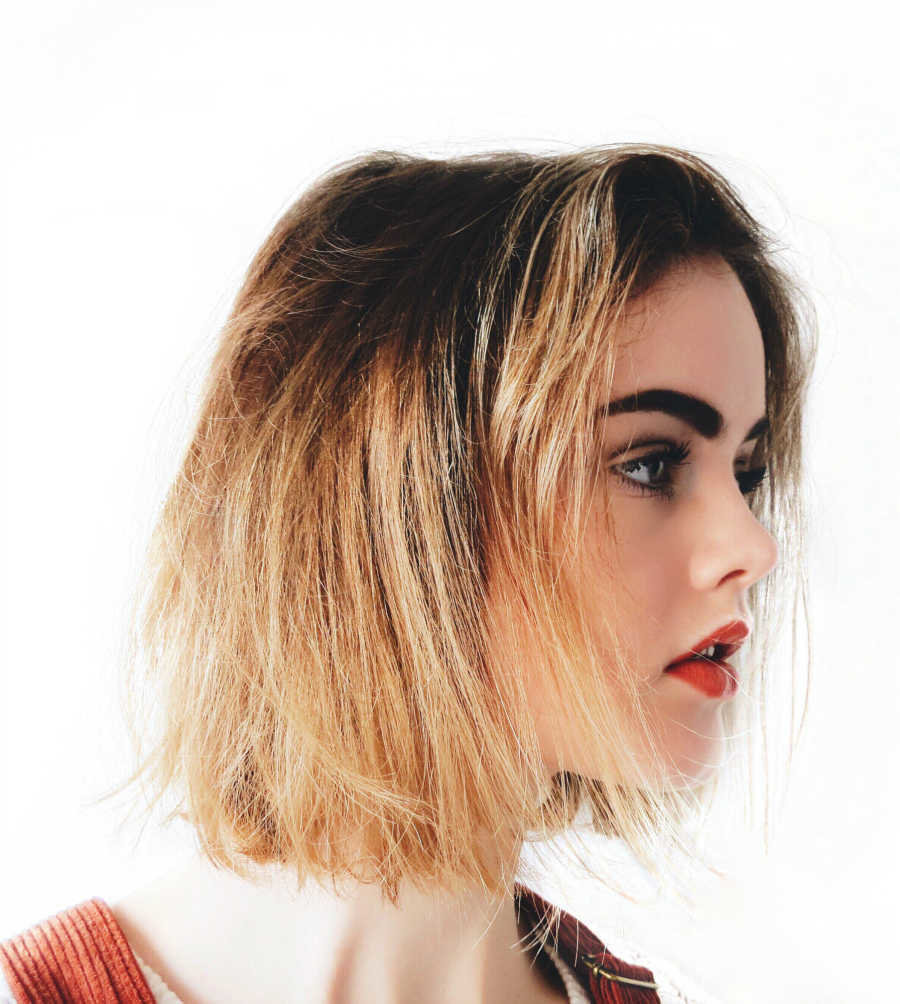
Prevention magazine rounded up 11 of the best products for thinning hair and restoring growth. It's worth trying out a few and finding one that works, even though it might be expensive and not produce immediate results. Be sure to check reviews on products to see how long the results last and what happens should someone stop using the product.
Try Scalp Massage
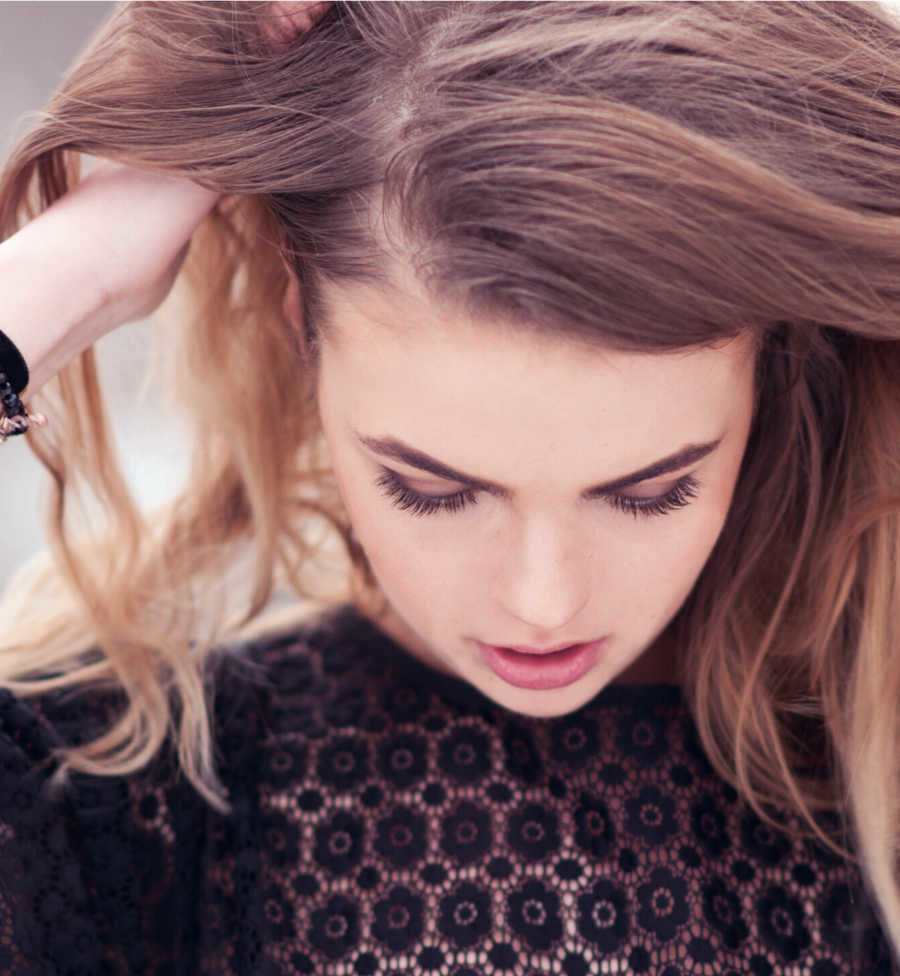
A small 2016 study found that scalp massage produced thicker strands of hair. The catch is that all of the test subjects were men. Still, the study focused on thinning hair due to thinner hair shafts, which is usually the reason for a less thick head of hair over time, including in women.
Reduce Stress

Stress can cause several types of hair loss, according to the Mayo Clinic, and the first steps in reversing the loss is reducing stress. Anyone who notices missing patches of hair should be sure to talk to their doctor, who may suggest speaking with a dermatologist to do further testing.
Try Essential Oils
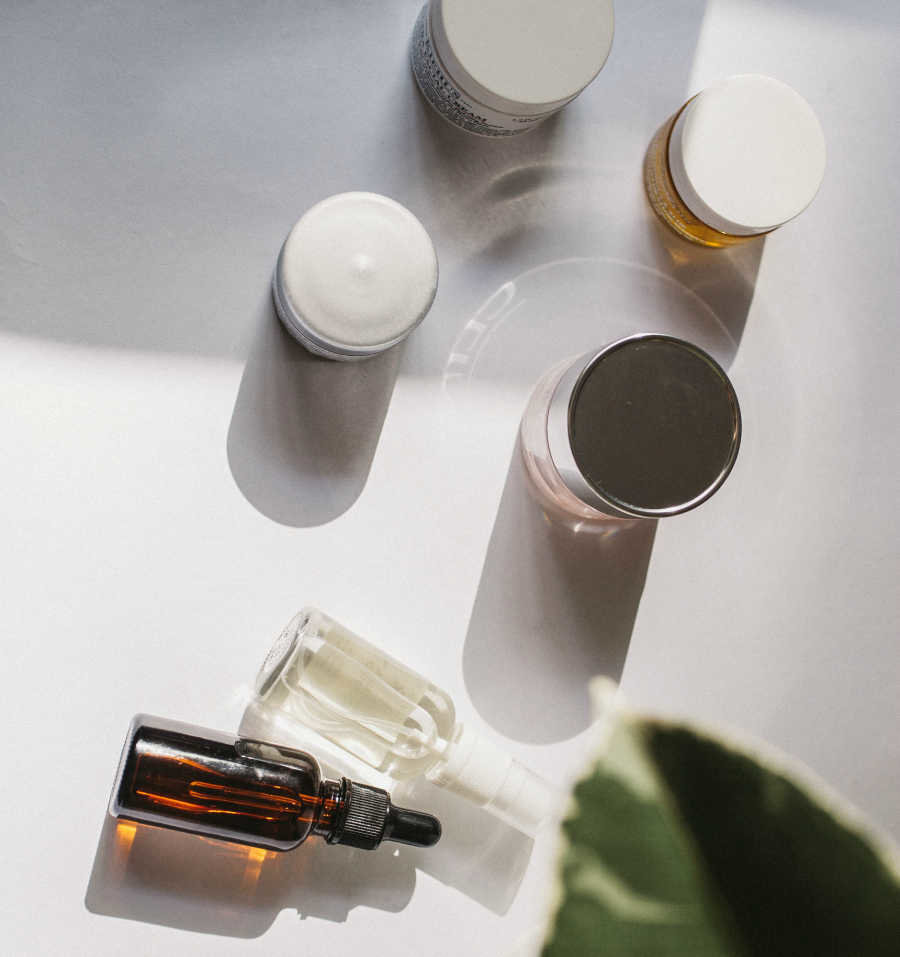
While there's no research to back it up, some people think the use of essential oils in shampoos, conditioners, and certain home treatments has thickened their hair and reversed thinning. Oils including lavender, peppermint, rosemary, and cedar may stimulate the scalp, trigger growth, or boost shine, which could lead to thicker-looking hair.
Wash Less
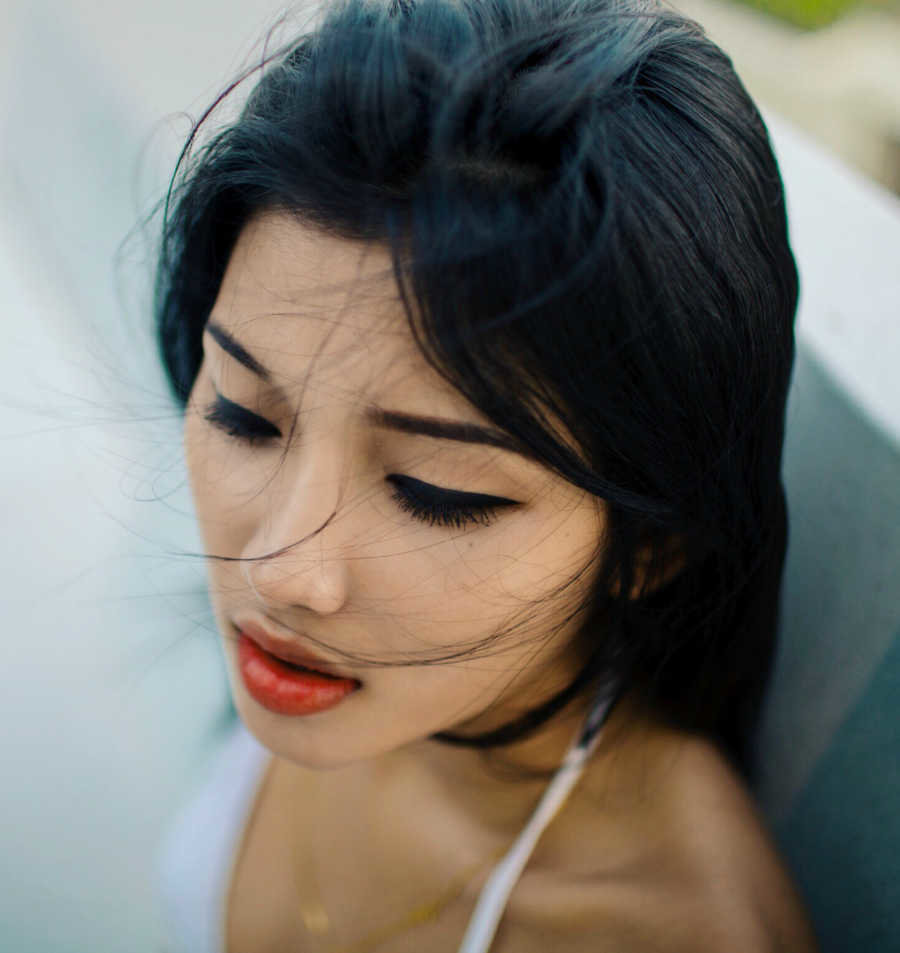
How often we should wash our hair generally depends on needs like how our hair responds after washing and what our styling habits are. There's no evidence that washing every day is too frequent for everyone, especially for hair that's on the thin side. Though daily washing as a cause of thinning hair has not been substantiated, anyone who suspects that the washing schedule is contributing to hair loss or thinning, by all means, wash less frequently. Unless the scalp is excessively oily or the person sweats a lot, daily washing probably isn't needed.
Try Gentle Brushing
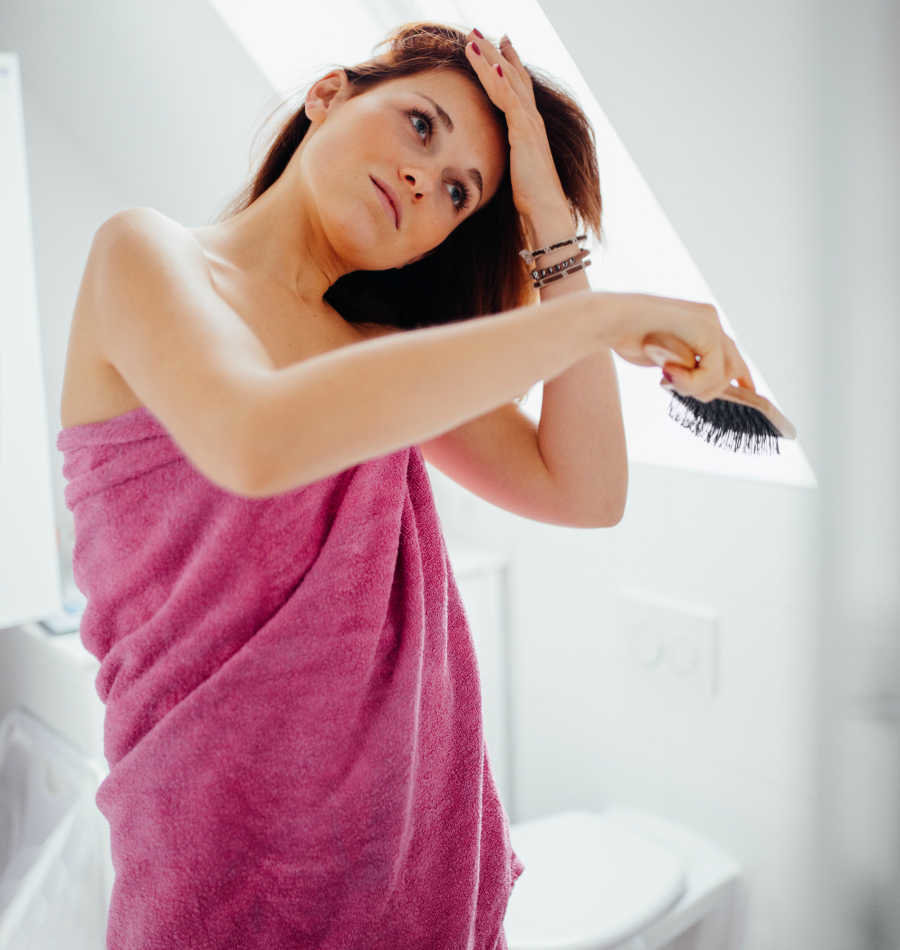
Too much, or too vigorous, hair brushing can damage the hair's cuticle, causing it to break off at the scalp. This can lead to a thinner head of hair — though likely not permanently. Using a comb, changing brushes, or just being very gentle when we brush can treat our thinned-out hair.
Topical Treatments
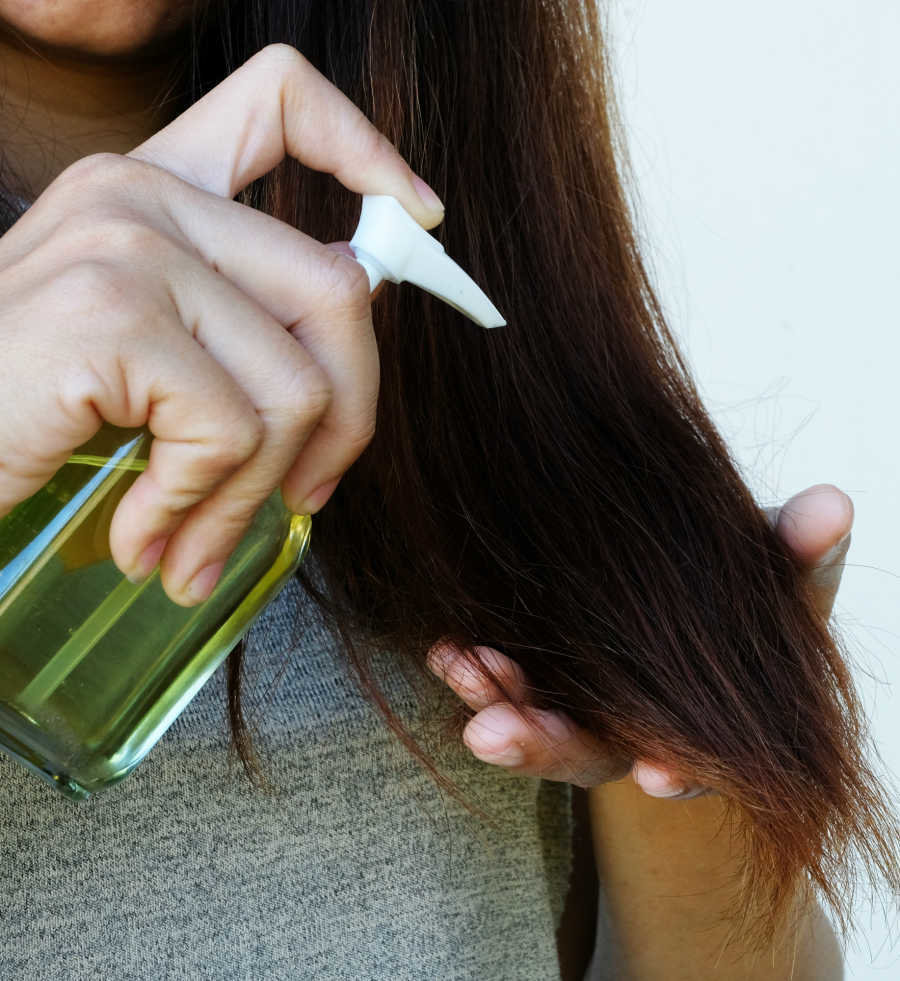
Some topical treatments on the hair or scalp can stop hair from thinning and even help it grow back thicker. There are tons on the market, with some available only by prescription. Make an appointment with a dermatologist to talk about options. In the meantime, it's important to use gentle conditioners or oils, and maybe an occasional hair mask.
Take Multivitamins
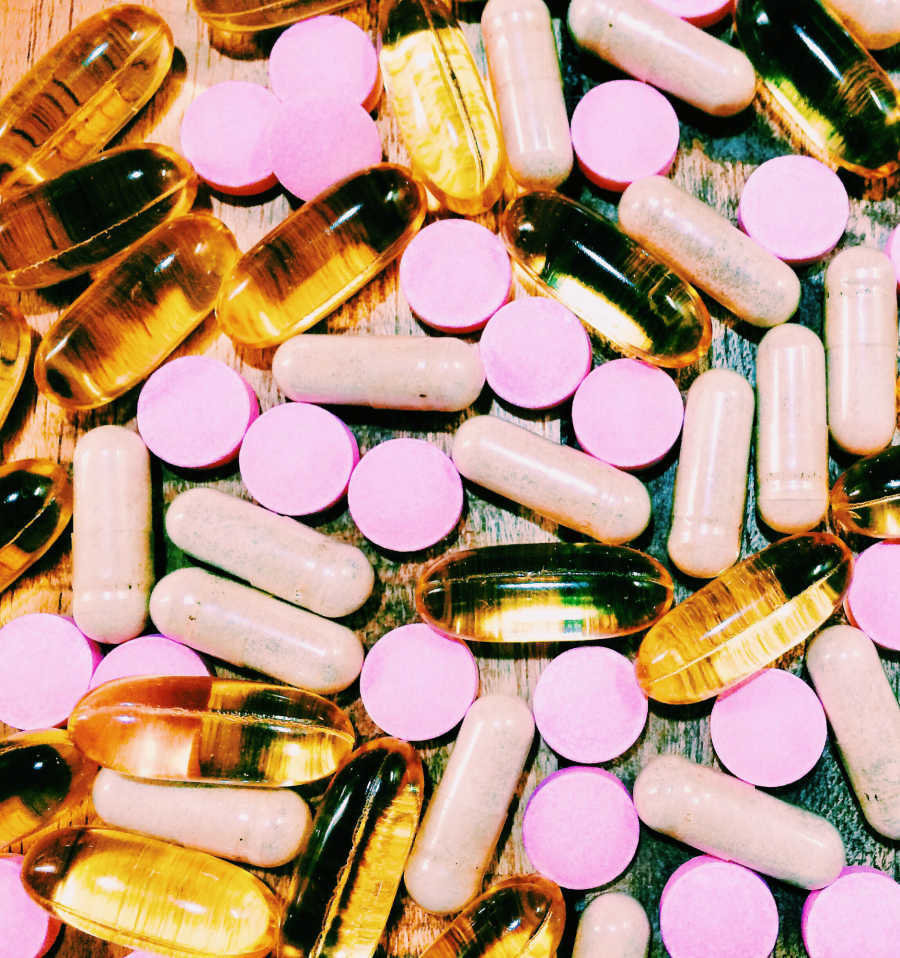
A recent study found that a certain combination of vitamins thickened hair in 62% of study participants who were given the daily supplements of fish oil, black currant seed oil, vitamin E, vitamin C, and lycopene. Around 90% of those given the supplements reported more hair growth overall.



